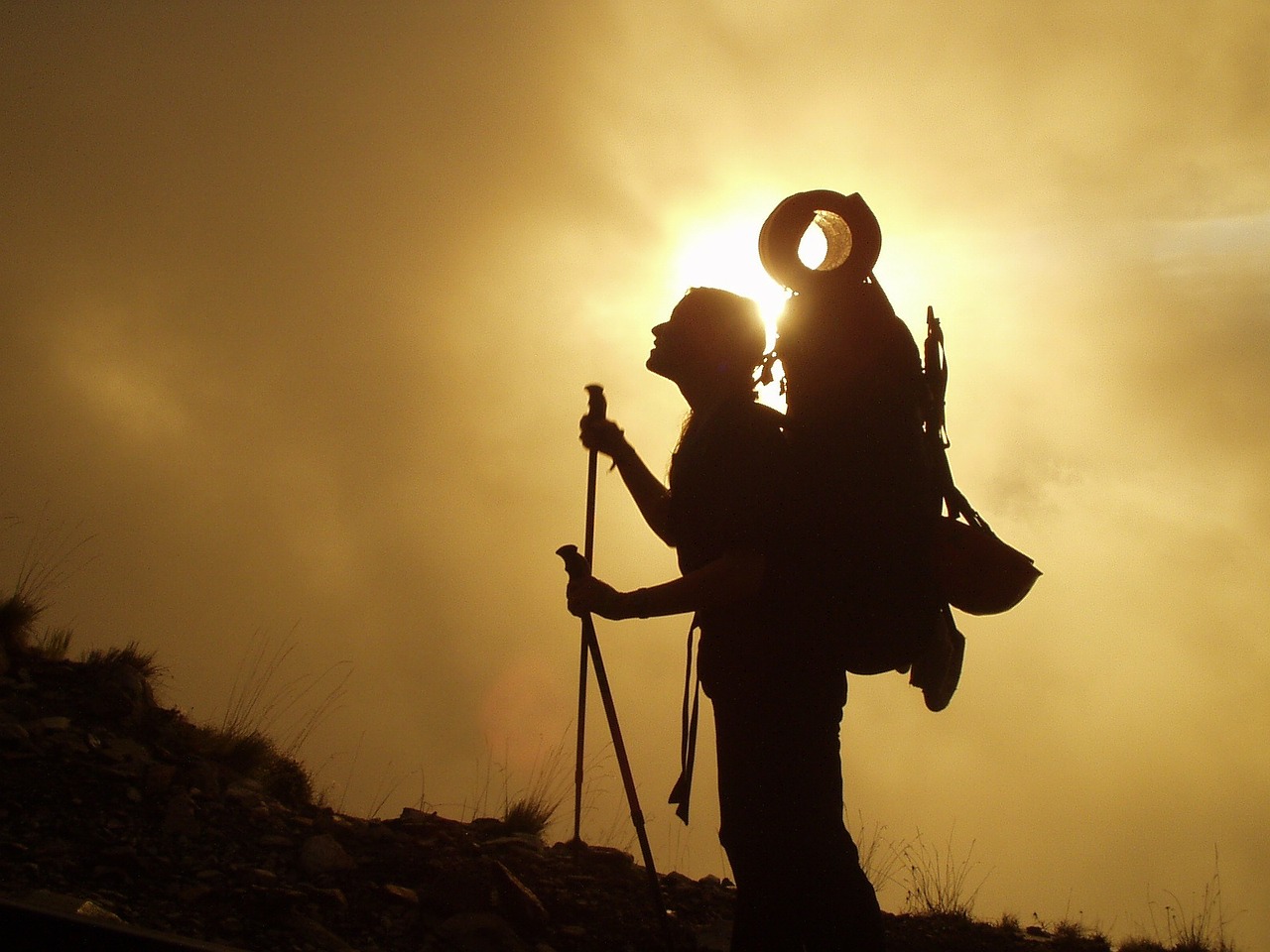 It is now eight weeks after my knee replacement surgery. I would not call my new knee and I best friends yet, more like wary acquaintances. In this journey, I have swung from “I got this” to “This sh*t hurts”—and back again. And I have discovered a few things all the pre-op literature does not tell you.
It is now eight weeks after my knee replacement surgery. I would not call my new knee and I best friends yet, more like wary acquaintances. In this journey, I have swung from “I got this” to “This sh*t hurts”—and back again. And I have discovered a few things all the pre-op literature does not tell you.
My surgery at Tria Orthopedic Center here in Minnesota went beautifully. I don’t remember a thing, and that was exactly the way I wanted it. Tria offers two recovery program options: one night in the hospital or one night at the Hilton. This is a no-brainer. Take the Hilton.
At the Hilton, there are several suites reserved for recovering patients and a 24-hour nurse. My coach/caregiver stayed with me. We dined on room service (including cheesecake) with a side order of pain meds for me while machines iced my knee to reduce swelling and massaged my legs to prevent blood clots. The beds were cozy, the nurse was attentive, and, the best part, it was blissfully quiet.
Then I went home, and the tough part began.
If you are as independent as I am, you will not like feeling helpless. But that is what you are for the first few weeks. Someone else has to do the cooking, laundry, grocery shopping, delivering ice packs, hauling you out of low chairs, driving you to physical therapy, and fetching all the necessities—cell phone, book, remote control, newspaper, pillows, elevated toilet seat (we had to move mine from upstairs to downstairs depending on what part of the house I was in). For this reason, all personal coaches should be nominated for sainthood.
The worst part of the day is nighttime. After two months, I have yet to get a solid night sleep (except for my dreamy night at the Hilton). The problem is finding a comfortable position for my knee. I have tried every pillow in the house. I had two nights when my leg spasmed, and I woke up shrieking. My startled coach nearly fell out of bed.
Expect the Unexpected
One thing I never expected to experience after knee surgery was brain fog. I am a writer and a producer, and yet, I couldn’t write. I couldn’t work on my new book or tap out an email or puzzle through my daily sudoku and crossword challenges. Now, after two months, I am just beginning to find clarity, to be able to focus. The mysterious human body takes not only physical energy but mental energy to heal. Who knew? I must admit, I am not good at waiting.
That leads me to the second thing I didn’t expect: Recovery from major surgery is boring. The last 60 days have been pretty much the same. My routine has been sleep, eat, exercise, watch television, read. Repeat. Due to my lack of mobility, the cold Minnesota February, and the pandemic, I hardly ventured out of the house, except to go to physical therapy. It is pitiful when a simple excursion—to Target, no less—fills one with giddiness.
And Then the Sun Came Out
One of my happiest moments was taking my first walk outside in the sun. Although I was bundled up to cross the Arctic and you could have heard the clack of my crutches a mile away, I inhaled nature. I didn’t get far or break any speed records, but these “turtle walks,” as I came to call them, filled me with hope. So go, Grasshopper, grab your crutches, raise your face to the sun, listen to the trees, talk to the birds, and you shall be healed.
Overall, this entire experience has been a lesson in patience. When doctors say it may take six to eight weeks (or even months more) for the pain, swelling, stiffness, and fatigue to fade, they aren’t kidding. I truly overestimated my healing abilities, thinking in a few weeks I would be back to hiking, working, and playing with grandchildren. I was wrong.
However, eight weeks after knee surgery, I see the light at the end of the tunnel—and it’s not an oncoming train.
_____________________
Some final tips: Purchase extra pairs of lounge or palazzo pants to fit over your bandaged and swollen knee. Rehab is all about being cozy and comfortable. Also I won’t tell you to do your exercises; everyone tells you that. Just do them.


